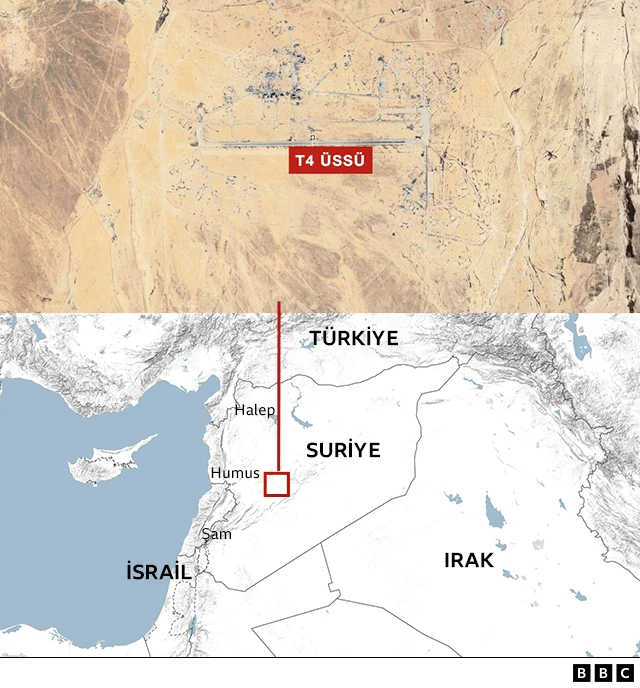The talks, confirmed by both Turkish officials and Ministry of National Defence sources, represent a significant development given the severely strained diplomatic relations between Ankara and Tel Aviv since the start of the Israel-Hamas war on October 7, 2023.
Turkish and Israeli officials held their initial technical meeting in Baku on April 9 to establish a de-confliction mechanism in Syria, as confirmed by sources within the Turkish Ministry of National Defence during a weekly briefing on April 10, 2025. "The first technical meeting was held in Azerbaijan [on April 9] regarding establishing a de-confliction mechanism to prevent unwanted incidents in Syria. Work will continue to establish the de-confliction mechanism," the sources stated.
Turkish Foreign Minister Hakan Fidan first highlighted the need for such talks. In a statement to CNN Türk on April 9, Fidan noted the complex military landscape in Syria, with armed forces from multiple countries, including Turkey and Israel, operating nearby. "While conducting certain operations in Syria - whether by air or otherwise - there needs to be a de-confliction mechanism at some point with Israel, which flies aircraft in that region, just like we have with the Americans and Russians," Fidan explained.
He clarified that while technical discussions occur when necessary, formalizing this into a standing mechanism is essential, cautioning that this dialogue should not be misconstrued as broader political "normalization." Fidan also stressed Turkey's desire to avoid conflict with Israel in Syria, stating, "We do not openly attack any country that does not attack us."
Tensions reportedly spiked following an incident on April 2, described by Turkish sources as potentially leading to "unwanted events," where Israel allegedly conducted an airstrike near significant military facilities that the Turkish Armed Forces (TSK) were considering using as a base.
Azerbaijan's role as host and mediator is pivotal. President Ilham Aliyev, speaking at the "Towards a New World Order" forum in Baku on April 9, confirmed Azerbaijan's ongoing, though previously unpublicized, efforts to mediate between Turkey and Israel since tensions first arose. "We will do our best to help. It would not be right for me to say more at this stage," Aliyev stated, expressing concern over recent tensions and emphasizing that poor Turkish-Israeli relations negatively impact the entire region, including Azerbaijan. He affirmed Azerbaijan's commitment to facilitating normalization, stating, "This process should not stop, and Azerbaijan is doing its best to mediate here."
Azerbaijan maintains exceptionally close ties with both countries. Its relationship with Turkey is often described as "one nation, two states," elevated to a "strategic alliance" following Azerbaijan's success in the Nagorno-Karabakh conflict. Simultaneously, Azerbaijan shares a critical strategic partnership with Israel, particularly in security and defense industries, with its border with Iran adding to its geopolitical significance for Tel Aviv.
This unique diplomatic positioning makes Baku an ideal venue for these sensitive talks. The discussions are expected to be on the agenda when President Aliyev meets with Turkish President Recep Tayyip Erdoğan in Antalya on April 11.
If established, the de-confliction mechanism would be the first formal channel of dialogue between Turkey and Israel operational since October 7, 2023. It could potentially mirror frameworks Turkey already utilizes with Russia and the United States to prevent accidental clashes during military operations in Syria. Details on the specific modalities of the proposed Turkey-Israel mechanism have not yet been released.
Photo: BBC Turkish
